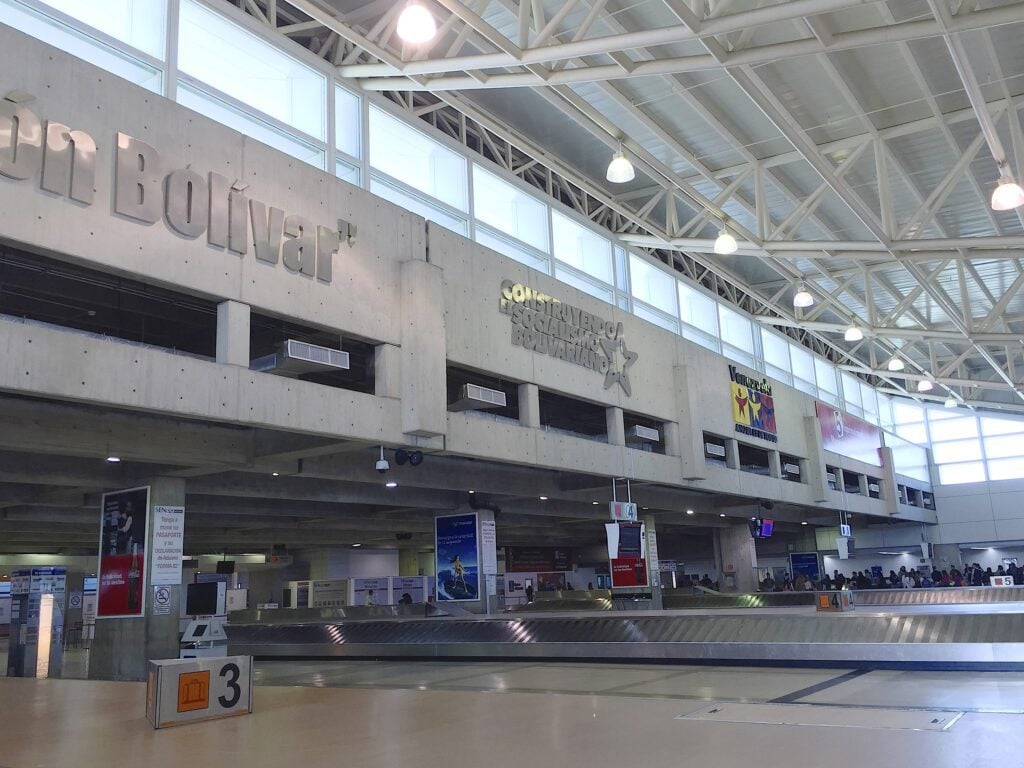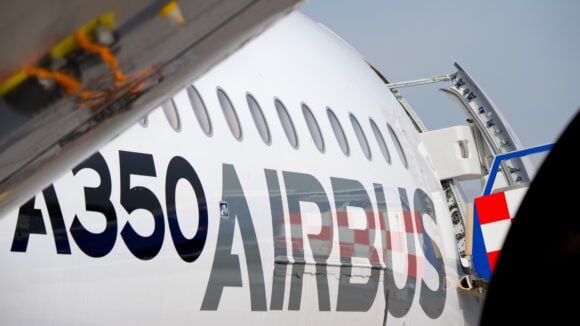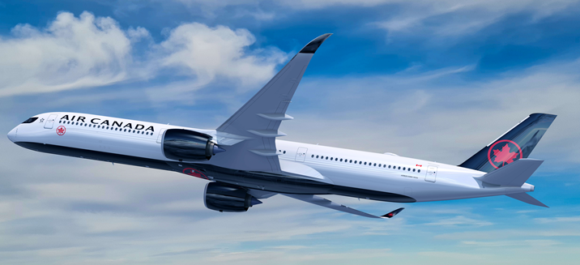
Simon Bolivar Airport, Caracas, Venezuela
Commercial aviation operates on two vectors that should rarely intersect with politics: profitability and, above all, operational safety. However, in Venezuela, these vectors collided head-on this Monday. The National Institute of Civil Aeronautics (INAC) decided to play a high-stakes card: a 48-hour ultimatum to international airlines to resume operations or face the revocation of their permits.
The industry’s response, articulated by the International Air Transport Association (IATA), was surgical and stripped of ideology: this is not a commercial boycott; it is a matter of technical survival.
The current crisis did not emerge from a vacuum. It began on November 21, 2025, when the US Federal Aviation Administration (FAA) issued a critical safety warning for Venezuelan airspace. Spanish authorities followed suit on November 24, consolidating a technical consensus: flying over the Maiquetía Flight Information Region (FIR) implies an unacceptable risk.
Airlines do not operate based on sentiment. They operate based on risk matrices. When major carriers decided to suspend their flights, they did not do so as a political statement against Caracas. They did so because their Safety Management Systems (SMS)—the true owners of the final go/no-go decision—determined that the minimum guarantees established in Annexes 6 and 17 of the Chicago Convention were absent.
Safety vs. Sovereignty: INAC’s Calculation Error
INAC, in a maneuver that suggests political urgency rather than aeronautical management, demanded the immediate return of operations. The threat is binary: fly or lose the route.
IATA countered with the cold weight of data. “IATA emphasizes that these suspensions are temporary measures,” the body stated. The keyword here is “technical.” The pause responds to safety protocols triggered by uncoordinated military activity and a lack of certainty regarding air traffic services.
Forcing an operator to fly into a degraded environment under the threat of administrative sanction is not only irresponsible; it is futile. No CEO of a European or American airline will risk a hull and the lives of passengers to appease a local authority. The risk profile has simply exceeded the operational envelope.
Beyond the pilots and the regulators, there is a decisive factor often ignored in public discourse: the global insurance market. This is where the INAC ultimatum falls apart completely.
Airlines operate under “Hull War and Allied Perils” insurance policies. These are distinct from standard operational coverage. When a region is flagged by entities like the Joint War Committee (JWC) of Lloyd’s Market Association, or when major regulators (FAA/EASA) issue “Do Not Fly” NOTAMs, coverage dynamics change instantly.
The Mechanism of Suspension:
-
Cancellation Clauses: Most War Risk policies contain a 7-day (or sometimes 48-hour) cancellation clause that insurers can invoke if the threat level spikes.
-
The “Held Covered” Trap: While insurers might offer to reinstate coverage, they would do so at exorbitant premiums (sometimes 100x the standard rate) or, more likely given the current warnings, refuse coverage entirely for the Venezuelan sector.
If an airline flies into the Maiquetía FIR against an FAA warning and without valid War Risk coverage, they are effectively flying uninsured. A single incident would not only be a tragedy but a bankruptcy-level financial event. INAC can demand flights resume in 48 hours, but no lessor will allow their $100 million asset to enter that airspace without insurance. It is a mathematical impossibility.
To understand the severity, one must look past the press releases. The Caribbean is currently experiencing a scale of military tension unseen in decades.
-
Naval Deployment: The presence of the USS Gerald R. Ford carrier strike group in the Caribbean and the activation of “Operation Southern Spear” have fundamentally altered the airspace.
-
Venezuelan Response: The activation of “Plan Independencia 200” by the Venezuelan armed forces has increased anti-aircraft defense readiness and, crucially, the volume of unnotified military flights.
This creates what in aviation is termed a “hostile environment.” Active anti-aircraft systems and military aviation operating without civil coordination are the recipe for a catastrophic miscalculation. The industry remembers MH17 and PS752. The FAA and European authorities simply read the tactical map and acted accordingly.
Self-Inflicted Isolation
The irony of the INAC threat is that the outcome will be the exact opposite of the one desired. Venezuela, already operating with anemia-levels of connectivity, now faces near-total isolation.
The State of the Board:
-
Suspended: Iberia (Spain), TAP (Portugal), LATAM (Chile/Brazil), Avianca (Colombia), GOL (Brazil), and Caribbean Airlines.
-
On the Brink: Air Europa and Plus Ultra joined the suspension this Monday following pressure from their insurers and Spanish authorities.
-
Operating (For Now): Copa Airlines maintains a vital air bridge via the Hub of the Americas, along with local operators like LASER and Estelar. However, Turkish Airlines cancelled specific rotations between November 24 and 28—a signal that even strategic allies are recalculating their safety margins.
IATA’s statement closed with a diplomatic but firm promise: airlines will return “as soon as conditions allow.” This is not a negotiation over landing fees or slot allocation. This is a red line.
INAC attempted to use regulation as a political weapon but collided with a wall of technical reality and actuarial science. As long as Venezuelan authorities cannot guarantee skies clear of uncoordinated military threats and a valid insurance environment, the 48-hour ultimatum is nothing more than noise on a frequency that pilots, for the sake of safety, have already stopped monitoring.
Views: 185



